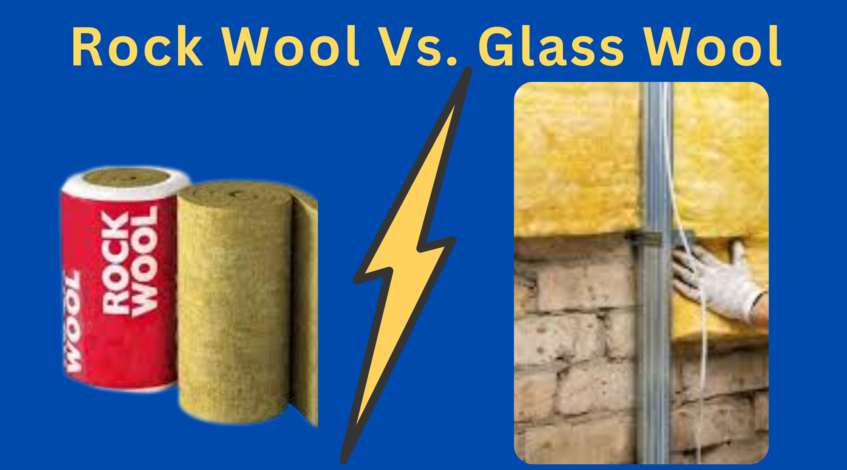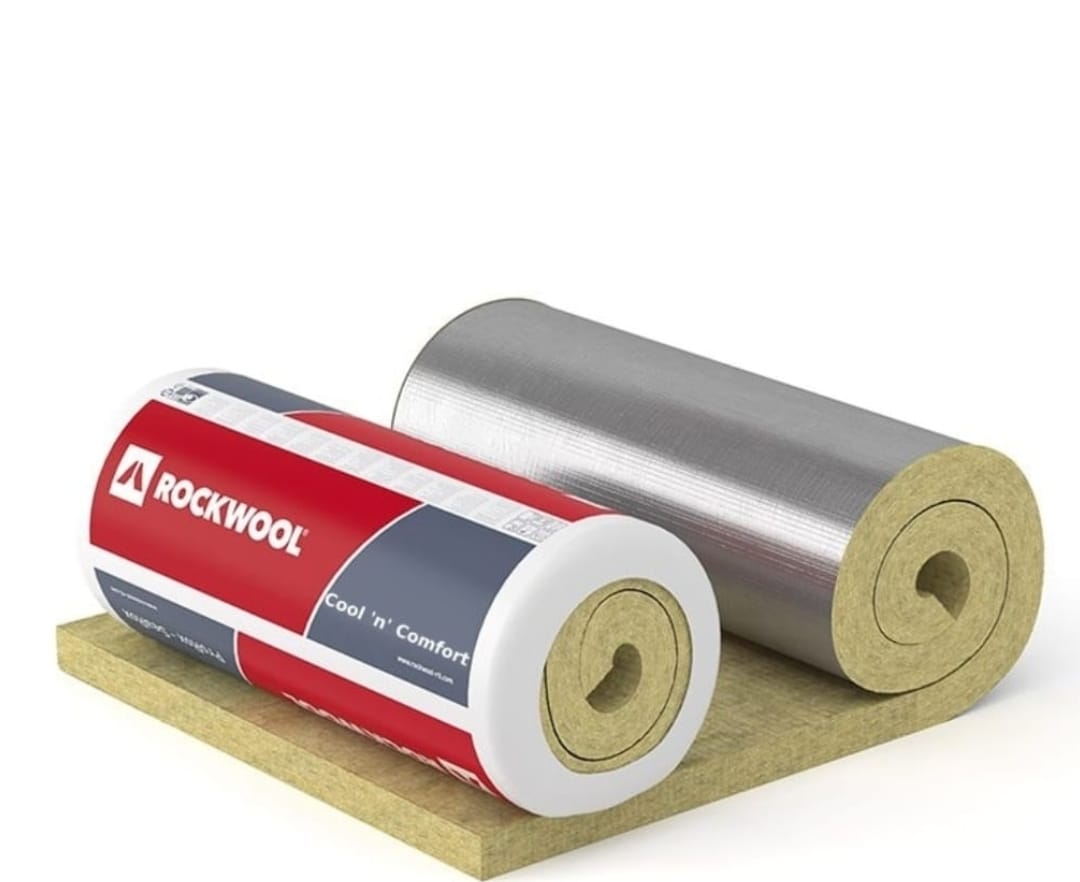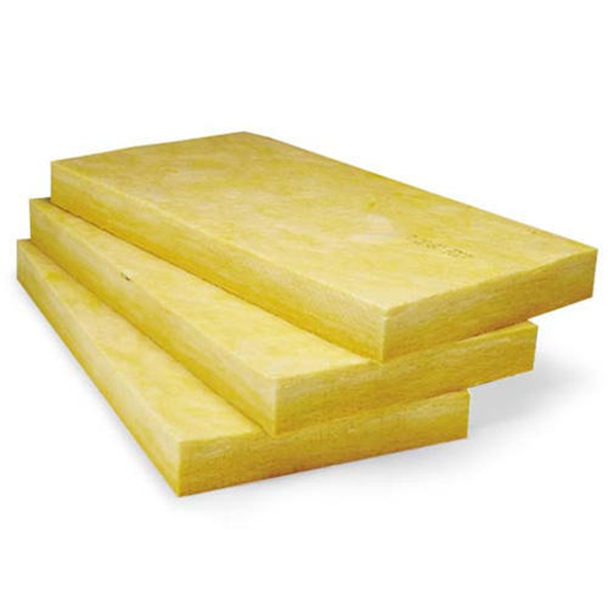Rock wool and glass wool are both types of insulation materials made from fibers. They are commonly used in construction to insulate buildings and homes, and are also used in a variety of other applications such as automotive, marine, and HVAC (heating, ventilation, and air conditioning).
Rock Wool:
shubh insulation trading company in jaipur Rajasthan
1. Made from basalt, a type of volcanic rock
2. Produced by melting the rock and spinning it into fibers
3. Denser and more rigid than glass wool
4. Higher melting point
5. Resistant to water and moisture
6. Suitable for use in damp or humid environments
7. Effective at reducing heat loss and noise transmission
8. Fire resistant
9. Can cause irritation to the skin and respiratory system if inhaled
Glass wool is made from recycled glass that is melted and spun into fibers. It is lighter and softer than rock wool, and has a lower melting point. Glass wool is less durable than rock wool, but it is also less expensive. It is commonly used in residential and commercial buildings as an insulation material.
Glass wool:
shubh insulation trading company in jaipur Rajasthan
1. Made from recycled glass
2. Produced by melting the glass and spinning it into fibers
3. Lighter and softer than rock wool
4. Lower melting point
5. Less durable than rock wool
6. Less expensive than rock wool
7. Commonly used in residential and commercial buildings as an insulation material
8. Effective at reducing heat loss and noise transmission
9. Fire resistant
10. Can cause irritation to the skin and respiratory system if inhaled.
Difference between Rock Wool and Glass Wool
Both rock wool and glass wool are commonly used as insulation materials in construction, and are also used in other applications such as automotive, marine, and HVAC. They are both effective at reducing heat loss and noise transmission, and are fire resistant. However, they can both cause irritation to the skin and respiratory system if inhaled, so it is important to take proper precautions when handling them.




